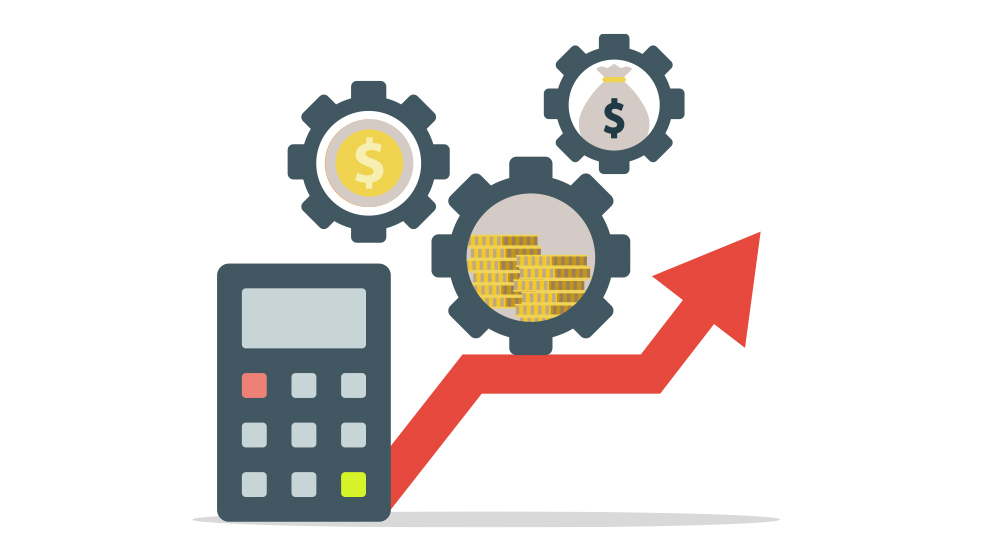After-tax contributions
After‑tax contributions
Section Heading
Growing your super is one of the best ways to ready yourself for the life you’re dreaming of when you retire. Making your own after-tax contributions could help you grow your super faster.
Benefits of after-tax contributions
After-tax contributions (also referred to as non-concessional or personal contributions) are extra contributions you make to super from money you’ve already paid tax on (like your take-home pay, money in the bank or proceeds from the sale of assets).
While you are employed, your employer will make regular contributions into your account. Making after-tax contributions is an easy way to give your super a boost. Because you’ve paid tax on this money already, you won’t pay tax on it again.
Plus, you could get an extra boost from the Commonwealth Government with the Government Co-contributions (if eligible).

-
How much can you contribute?
There are caps on how much you can put into super with after-tax money.
Exceeding the caps may mean paying extra in tax, so it’s important you know what your non-concessional contributions cap is.
If you are under the age of 75 and your total super balance1 is less than $2m at 30 June 2025, then the following non-concessional contributions caps usually apply:
-
$120,000 per financial year.
-
$360,000 over 3 years using the bring-forward arrangement. You may be able to access future years’ caps so that you can contribute more upfront. This is known as the bring-forward arrangement.
If your total super balance is over $2 million at 30 June 2025 your non-concessional contribution cap for the following financial year is $0. Once you are over the age of 75, you will generally not be able to make any further personal contributions. You could however be eligible for a downsizer contribution.
For full details refer to the PDS and Reference Guide for your scheme.
-
Section Heading
Ready to put more into super?
With BPAY it’s simple to make an after-tax contribution payment into Triple S, Super SA Select and Flexible Rollover Product accounts.
Make sure you have the correct Biller Code to make a personal contribution to your super scheme:
Triple S Biller Code: 465104Super SA Select Biller Code: 979559
Flexible Rollover Product Biller Code: 31575
If you don’t know your Customer Reference Number, you can find it by logging in to the member portal.
Prefer to contribute via payroll?
Simply complete the form for your super scheme and return it to Super SA.
Triple S and Super SA Select members, complete the online form here.Section Heading
There are many ways to grow your super
Deciding what's right for you? These FAQ may help.
-
Does Super SA charge a fee for after-tax contributions?
No, there is no additional cost to make after-tax contributions. You can change your contribution rate at any time and there is no charge for doing so.
-
Is there a minimum amount I have to contribute?
A minimum payment of $50 is required for BPAY after-tax contributions into a Triple S or Super SA Select account.
Most members setting up regular after-tax payments have the flexibility to choose the amount they wish to contribute, as long as it’s a whole percentage of their gross Super Salary (e.g. 1%, 25%, 75%).
Special arrangements apply for after-tax and before-tax contributions for SA Police Officers and Operational SA Ambulance employees of Triple S. See the Triple S Reference Guide for details.
To learn more about how after-tax contributions work and tax implications, refer to the PDS and Reference Guide for your scheme.
-
Do I need to be employed to make after-tax contributions?
You must be employed to be eligible to make after-tax contributions to your Triple S or Super SA Select account. You do not need to be employed to contribute to your Flexible Rollover Product account.
-
Is there a cap on how much I can contribute?
Yes, a $120,000 annual cap applies to contributions made from after-tax sources per financial year. Depending on your personal circumstances you may be able to contribute up to $360,000 in a year by utilizing the ‘bring forward’ arrangement. However, if you exceed the non-concessional contributions cap you may be subject to tax at the top marginal tax rate.
For full details on the non-concessional contributions cap, refer to the PDS and Reference Guide for your scheme.
-
Can I claim a tax deduction for after-tax contributions?
This depends on which scheme you make an after-tax contribution into.
If you make any after-tax contribution into your Super SA Select or Flexible Rollover Product account, you may be able to claim a deduction for those contributions in your next tax return, subject to eligibility. See the ATO website for more information on claiming deductions for after-tax contributions to super.
If claiming an eligible tax deduction, please send the appropriate ATO form to us to process in line with the ATOs instructions. Should you or the ATO alter or decline your deduction, you will need to complete the form again for Super SA to reprocess.
Tax deductions can’t be claimed for the contributions made to Triple S or the Lump Sum and Pension Schemes. These are untaxed funds which means that contributions tax is not deducted from contributions when they are paid into the scheme.
-
Will I pay additional tax on after-tax contributions?
Because you’ve already paid tax on your after-tax contributions, only the investment earnings will be subject to tax. If you exceed your caps, additional tax may be payable. For more information on how tax is calculated, see the PDS and Reference Guide for your scheme.
-
Are after-tax contributions the same as non-concessional contributions?
Yes, they’re the same thing. Over the years, there have been various names for after-tax contributions. Some other names include:
- Voluntary contributions
- Personal super contributions
- Personal after-tax contributions
- Post-tax contributions





